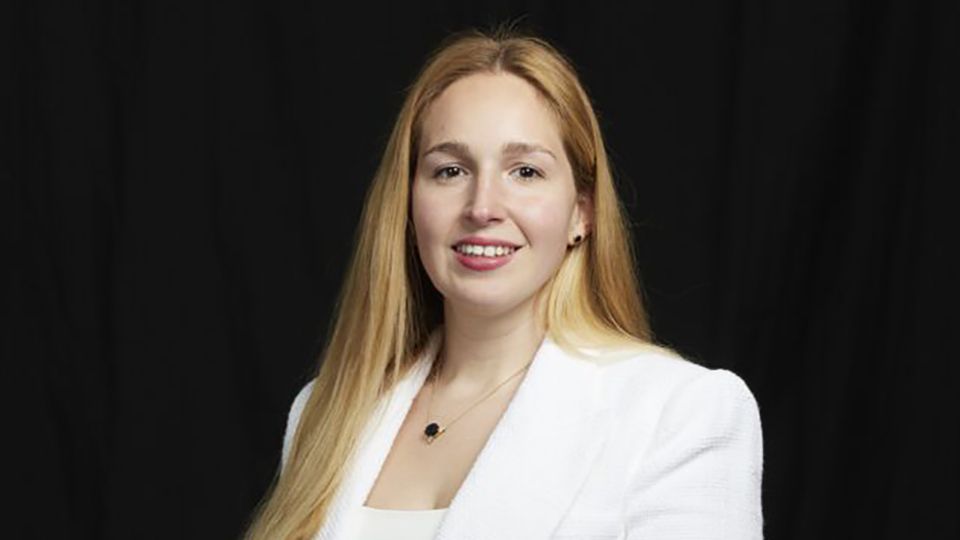The amount of rubbish produced in the world has reached truly horrifying levels. The global population generates an estimated 2 billion tonnes of waste every year and well over a third of it is not managed in a way that is safe to the environment.
With around 5.25 trillion pieces of plastic rubbish in the world’s oceans, and a global plastic recycling rate today estimated at only 20%, there is a huge and extremely urgent need to make the products used in industry, construction, textiles, healthcare and every other sector much more sustainable.
The encouraging news is that many smaller, highly innovative companies in Europe are tackling these challenges and coming up with workable and sustainable solutions. Some companies are finding new uses for centuries-old, traditional materials like cork and pine tree resin. Others are concocting sustainable, even biodegradable, products in the lab to replace the oil-based items we so rely on. As the demand for these sustainable products expands, these companies could have promising growth opportunities ahead.
Dutch Company Corbion is one of those making exciting new products in the lab that are based on natural ingredients. Lactic acid and lactates are bio-based emulsifiers used to create safe, natural and cost-effective ingredients for biodegradable skin and hair care products. The company also produces poly lactic acid, a bio-based, recyclable and compostable polymer that can create materials to replace plastic in many uses from packaging to fibres to use in the automotive industry.
Innovative solutions
Currently, the UK alone produces 230 million tonnes of rubbish a year – 1.3kg of solid waste per person per day. In Europe, this figure is 1.1kg and in the US, 2kg. Even rubbish that has been separated and sorted for recycling often ends up incinerated, dumped in landfill, or shipped abroad where it may not be recycled or managed effectively.
To cite just some examples of products that need to be made more sustainable: single-use plastic packaging; sterile, but throwaway medical products; waterproof, but polluting paints; plastic-mounted solar panels; unrecyclable car interiors; and the never-ending production lines of plastic bags, boxes and utensils.
The problem of replacing sophisticated paints, glues and fuels with equally sophisticated plant-based and sustainable products is the daily work of Norwegian company, Borregaard, a ‘biorefinery’ that uses the many different components of wood to create biochemicals that can replace oil-based products. The biopolymers, speciality cellulose, biovanillin, cellulose fibrils and bioethanol made by the company can be used in agriculture and aquaculture, construction, pharmaceuticals and cosmetics, in foodstuffs and in batteries, plus as biofuels.
Since 1962, the company has made plant-based vanillin produced from Norway spruce, which is used in food production and personal care products. This fir-sourced vanillin provides a 90% reduction in emissions compared to the vanillin synthesised from crude oil.
Proving that some solutions can be found in new applications for traditional products, one company in Portugal, Corticeira Amorim, is at the forefront of finding new uses for the traditional material cork. As cork is harvested from living trees it is a carbon-negative product. A cork tree needs to be 25 years old before its outer layer can be harvested, but then the layer re-grows and for the next 150 to 200 years, it can be re-harvested every nine years. Of course, being a natural product, cork harvests can be affected by weather conditions and agricultural price fluctuations, making production, pricing and profitability more difficult to gauge.
However, there is great potential for this lightweight, durable, insulating and biodegradable material. Corticeira uses it to make sustainable artificial sports pitches, insulation, acoustic panels, flooring and is testing out other innovative uses. The company is working with Renault to make car seats and interiors; it has provided cork insulation for NASA’s Mars Rover and European Space Agency spaceships, and lined wind turbine blades to reduce vibrations. In one project with EDP, floating solar panels were created with cork.
If we want to start making a dent into the world’s existing rubbish mountains and slow the flow of new rubbish, many more innovative solutions are urgently needed.








